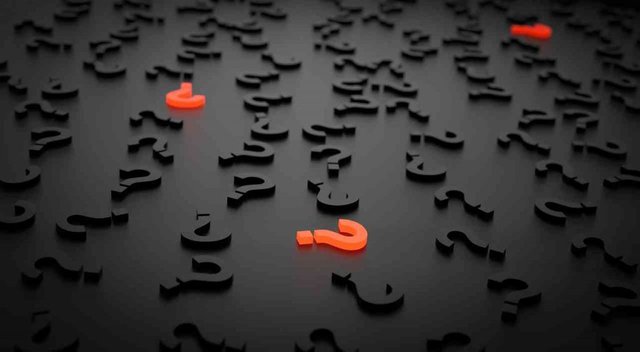10 Ways to Improve Your Decision Making Process
Self-Reflective is a concept that has been used for thousands of years to help people understand themselves. The idea behind self-reflection is that we all have an inner journey that we need to undertake at various points in our lives. We all need to know ourselves better in order to understand others and what makes us tick. When we take the time to reflect on ourselves, we can improve upon our own life and benefit from it. In addition, by taking the time to reflect on ourselves, we are allowing the opportunity to see any weaknesses or shortcomings in our personality and improve upon them.
Image Source
Self-Reflective is about discovering our true nature as well as the essential nature of our personality and what really brings us down. It is not a time for judgment but rather a time for observation. Through self-reflection, we are able to discover and learn about our true nature. This is a powerful way of developing self-awareness as it allows us to better understand our true self. Self-Reflective is also about discovering ourselves as it allows us to increase our personal power by allowing us to look deeply into our emotions and our learning progress. This is a useful skill to use in changing our behavior.
Rubrics for self-reflections can be anything that you would like to focus on in your journey to self-discovery. Many people choose to use different color schemes in their self-assessment while others might prefer to use different shapes or designs. Whatever you like or what fits your particular style, here are some helpful rubrics that can help you in your quest to become more self-aware and improve yourself in your own way:
Self-Reflective: The goal of self-reflection is to find yourself in your environment, with your surroundings, and with your fellow human beings. When you take the time to reflect on your own behaviors, why you behave the way you do, what causes these behaviors to occur, and how these behaviors make you feel then you will be able to improve yourself by changing your thoughts and feelings in regard to these situations. A critical aspect of intentional thinking is the need for the listener to remain "on-task" during this critical time. Dialectic thinking, on the other hand, deals more with the listeners own emotions. Dialectic thinking is a great tool for improving interpersonal communication skills and is an important component of any effective leadership training program.
Self-Reflective Rubric: How will we measure our success? What will we measure as a team as well as individuals? What are our learning goals? I believe in "learning by doing," which means that we must learn by getting dirty. For many of us, the learning process begins with self-reflection, but for others it begins with classroom discussions or a quality-driven project management approach.
Cultivate Real-Time Self-Reflective: Real-time self-reflection allows us to pause and observe what we are doing, why we are doing it, and what we have done well. In this type of reflection we are more likely to make more accurate observations. This type of self-reflection also allows us to cultivate real-time self-insight. As we observe our behaviors, thoughts, feelings, and reactions, we gain insight into our own nature and personality. During the process of self-insight we are able to determine what needs to change and how to accomplish those changes.
Self-Reflective: I think the reason we do not all practice self-reflection frequently is that most people do not feel they have the time. The time required to absorb and accurately reflect on one's own actions and thoughts is simply not enough to allow one to absorb everything there is to learn about oneself. For some of us, however, the process is easier said than done. In order to develop our ability to focus and listen deeply, we may need to engage the services of an experienced consultant in the world of self-reflection. While it can be a time consuming process, the benefits of self-reflection make it well worth the effort.
Image Source
Cultivate Openness: To cultivate openness we need to see things that we do not want to see. This can be difficult especially if we are like most of us, and we let certain things pass us by. For example, if most of our decisions revolve around fear, we will never take the time to reflect on whether or not a particular choice is one that we truly feel comfortable with. If we are living in a society where our choices are heavily dictated by peer pressure, we may never get the chance to see what we really want. By making an effort to learn to be more open and honest with ourselves, we can learn to cultivate openness and see things that might otherwise go unnoticed.
Congratulations! Your post has been selected as a daily Steemit truffle! It is listed on rank 9 of all contributions awarded today. You can find the TOP DAILY TRUFFLE PICKS HERE.
I upvoted your contribution because to my mind your post is at least 22 SBD worth and should receive 60 votes. It's now up to the lovely Steemit community to make this come true.
I am
TrufflePig, an Artificial Intelligence Bot that helps minnows and content curators using Machine Learning. If you are curious how I select content, you can find an explanation here!Have a nice day and sincerely yours,

TrufflePig